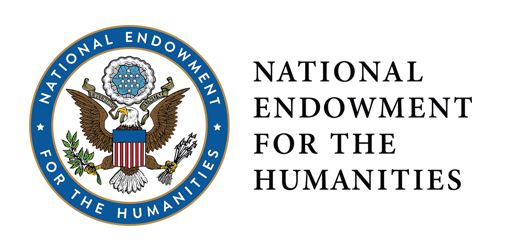What's on this page?
The NEH CARES funded project, awarded to the APS between July and December 2020, facilitated the creation of and access to additional resources on Benjamin Franklin, the Enlightenment in North America, the history of science in the United States, and the history of the APS. This page contains education materials related to each of the five core projects:
- Dr. Franklin, Citizen Scientist Virtual Tour
- Early Minutes of the APS
- Franklin Ledgers Project
- Historic Weather Data
- APS Members Bibliography
Using the tabs on the left, hop down to a project that grabs your interest to learn more and start working with the education materials!
If you have any questions about this page or the materials below, reach out to [email protected].
About the Project
The goal of Benjamin Franklin’s American Enlightenment is to enhance understandings of the importance of science and scientific learning in the 18th and 19th centuries. A community of thinkers who deemed themselves the “Republic of Letters" were highly involved in circulating these understandings and new knowledge. The common desire to advance knowledge for the benefit of mankind created this imagined community which transcended religious and political divisions. Benjamin Franklin’s founding of the American Philosophical Society in 1743 ensured that North Americans would play a key role in the most important scientific discoveries.
The APS’s enduring mission emerged out of the thinking of these scholars and continues to inspire today. The APS holds a vast amount of material documenting the Society’s and its Members’ central role in 18th-century transatlantic scientific discourse.
This project has been made possible in part by a major grant from the National Endowment for the Humanities: Coronavirus Aid, Relief, and Economic Security Act. Any views, findings, conclusions, or recommendations expressed in this workshop do not necessarily represent those of the National Endowment for the Humanities.


